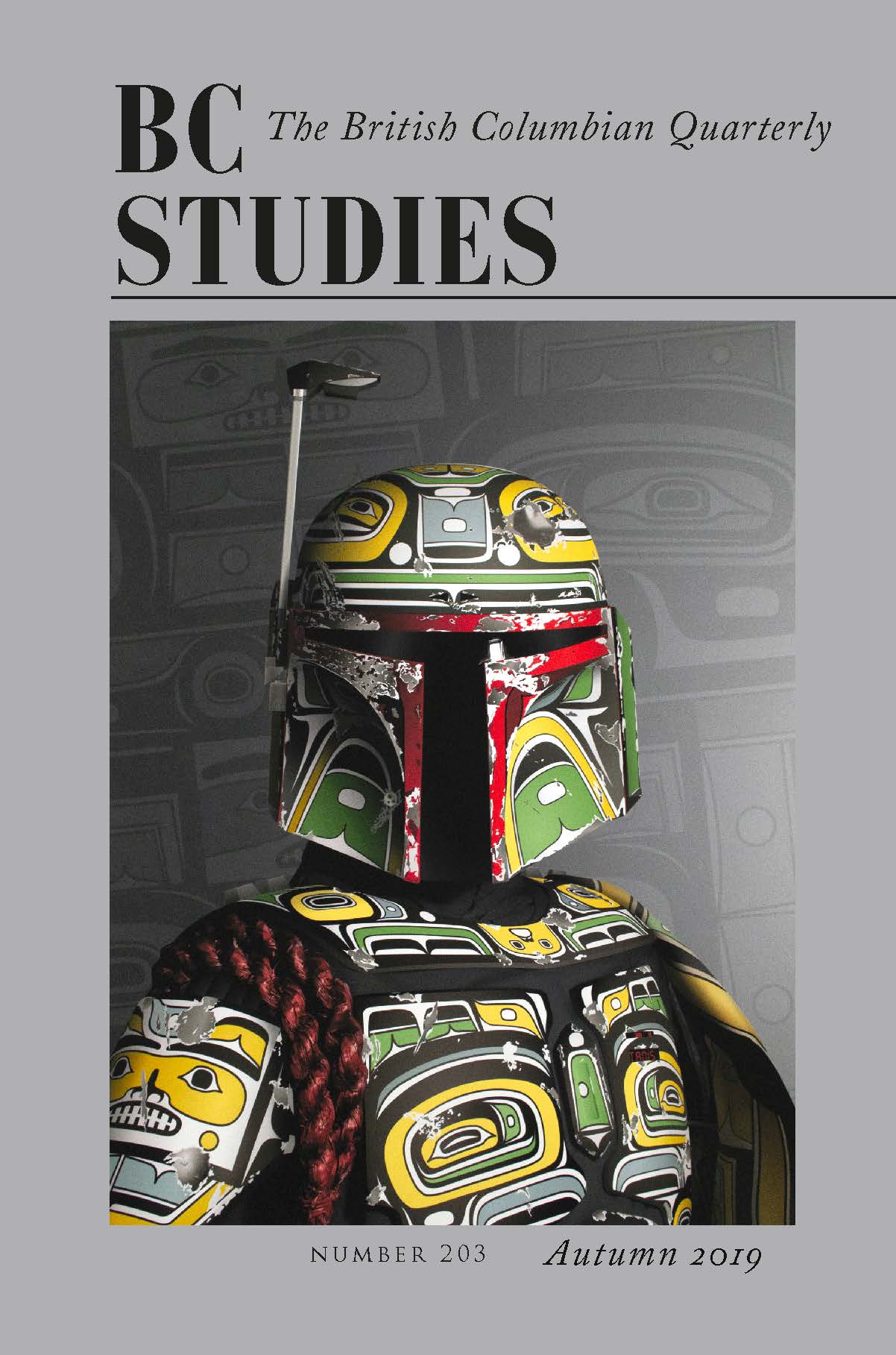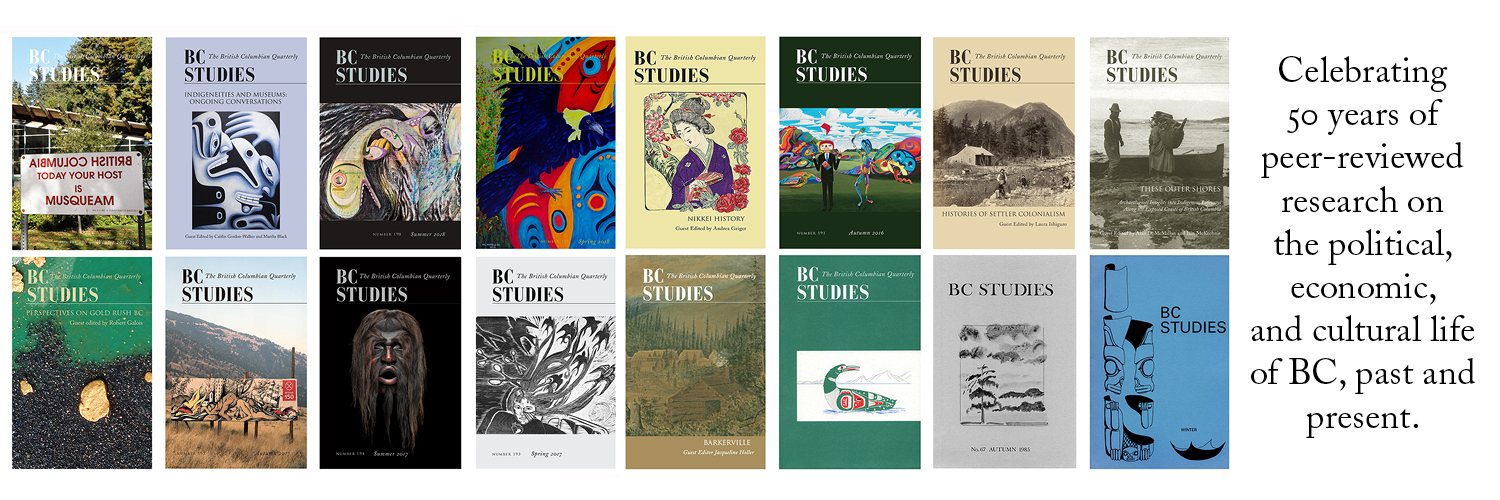‘Girl strikers’ and the 1918 Vancouver Steam Laundries Dispute
DOI:
https://doi.org/10.14288/bcs.v203i203.190428Keywords:
feminism, occupational health and safety, strikes and lockouts, womenAbstract
Canadian soldiers were still fighting overseas alongside the British, when more than 300 laundry workers in Vancouver—most of them female—went on strike in September of 1918. During the ensuing four months of the dispute, trade union men protested conscription, the Spanish flu pandemic swept through the city and on November 11, an armistice in Europe was celebrated in the streets. Trade unions had gained leverage by 1916 in Vancouver and across Canada, strike activity proliferated between 1917 and 1920. During the tumultuous final months of the war, the ‘laundry girls’ found an opportunity to take a stand. This narration examines a labour dispute at seven Vancouver steam laundries in 1918 through the lens of four female participants: Helena Gutteridge, union organizer and executive member of the Vancouver Trades and Labour Council; Ellen Goode, a 20 year old striker who gave a oral account of the strike decades later; Josephine Nelson, a 31 year old Irish immigrant and 43 year old Matilda Cruickshank. The intent of this research note is to better understand the lives of working women a century ago. Issues raised as they intersect with class, gender and race will be considered. The strike was a transformative experience for many women involved, their lives changed—‘as the world was changed.’



